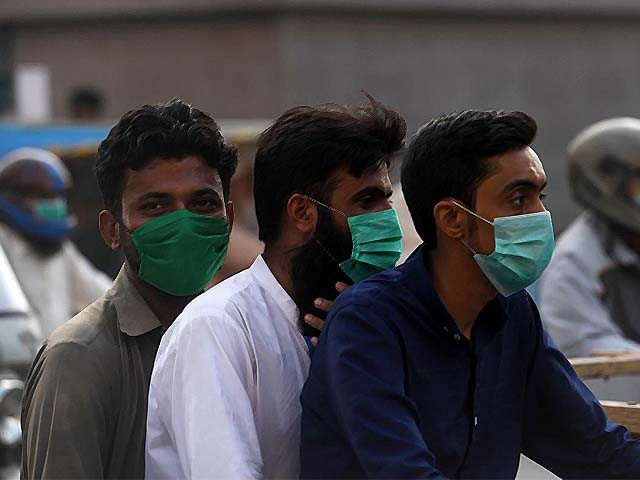With the Covid-19 virus originating in Wuhan, China, Asia was the first region to bear the brunt caused by this contagion. As the virus spread to other countries, governments worldwide were prompted to impose restrictions on public movement, enforcing lockdowns which significantly reduced global economic activity. Total cases reported in Asia have now risen past 2.3 million, with more than 58,000 deaths being officially reported.
In 2019, Asia contributed 68% to global economic growth with the figure being indicative of the imperative role the region’s economic activity plays in the functioning of world markets. With the entire world having to face a massive economic fallout, Changyong Rhee, director of the Asia and Pacific Department at the IMF stated “Asia cannot be an exception” in having to suffer the dire economic consequences this contagion will bring about in the long-run. According to the IMF, Asia’s growth is expected to contract by 1.6% “for the first time in living memory” as opposed to earlier projections made in April of the continent’s growth shrinking to 0%. However, it is expected that global growth is expected to rebound to 6.6% in 2021.
Even if this were to be achieved, the expected economic output produced by the year 2022 would still be 5% lower than had the virus not hit the global economy. As expected, this gap would further widen if China were to be excluded from these estimates, considering it has already begun its ascent towards economic recovery.
While current projections are based on a strong economic recovery, it may be the case that these estimates are too optimistic in nature, with the dire economic consequences this virus will cause still being gradually realised. As Asia is heavily reliant on global supply chains, trade linkages are expected to contract considerably and total trade is expected to fall by nearly 20% in 2020 in Japan, India and the Philippines. Moreover, investor sentiment is also undermined as geopolitical uncertainty coupled with economic turmoil hamper global growth. When strict lockdowns were in place, economic activity fell by 12% a month. However, with the ease of containment measures, this estimate has not fully reverted, and industrial production has only risen by 7%. This is further compounded by a fall in demand for tourism and global remittances.
Furthermore, as in the case of previous pandemics, income inequality and unemployment are also expected to increase, with the least advantaged in the society facing long-term economic scarring. From the five major events experienced in recent history, namely, SARS (2003), H1N1 (2009), MERS (2012), Ebola (2014) and Zika (2016), the net Gini coefficient, a measure of inequality, rises by nearly 1.5% after five years. Similarly, pandemics tend to have a disproportional impact on low-skilled workers having only basic education, with employment levels falling by more than 5% at the end of five years for this segment of the labour force.
As Asian countries turn towards re-opening their economies, they must ensure close coordination of fiscal and monetary policy, adequate resource allocation and successfully addressing existing inequalities. With the help of monetary policy, the credit availability to firms and households can be ensured. Along similar lines, bank lending to nascent firms should be encouraged so economic stimulus can be increased. Furthermore, existing socio-economic inequalities should be addressed by the increased provision of basic health services to help mitigate the effects of this pandemic.
Social protection programmes aimed to include unemployment insurance coverage for informal workers can be adopted since this cohort of the population has been the most adversely affected by the contagion. Policymakers should strive to use the current scenario to prepare for any such future shocks which may inevitably occur so policies that enhance risk-sharing and employ social assistance mechanisms can be adopted and benefitted from in the long-run.



COMMENTS
Comments are moderated and generally will be posted if they are on-topic and not abusive.
For more information, please see our Comments FAQ